The Georgian village facing Russian ‘creeping occupation’ | Features
Listen to this story:
Khurvaleti, Georgia – When Gia Batonisashvili hears dogs barking, he knows “Russians are patrolling”. The troops patrol with their dog in what used to be his back garden. He lost this garden three years ago when Russian forces put up a barbed-wire fence behind his home. He can no longer access these grounds for fear of being arrested and accused of trespassing in another state.
Gia, 63, and his mother Nora, 81, live in a decaying house at the end of the only asphalt road that crosses Khurvaleti, a village almost surrounded by the Moscow-backed breakaway state of South Ossetia which borders Russia. Roughly 4km (2 miles) long and 2km (1 mile) wide, Khurvaleti juts into South Ossetia like a small peninsula.
It is located in a valley about 60km (37 miles) northwest of the Georgian capital, Tbilisi, and lies just a few kilometres from a major highway that connects the country’s east and west, and from the gas pipeline linking Azerbaijan to the Black Sea.
Khurvaleti, like many rural Georgian communities, consists of several clusters of owner-built houses surrounded by fields and orchards. The homes have large balconies to enjoy the summer months and the view of the hills and mountains where Russian soldiers patrol. Its population of around 160 families is mostly involved in agricultural activities with some artisans and teachers working at the local school.
Gia and his mother survive on Nora’s monthly pension of 360 laris ($120) and subsistence farming which hardly cover their needs.
“We have no means to repair the roof that is constantly leaking. With the pension we just buy medications and we also have to purchase food since we lost access to most of our agricultural land and a large orchard. We only have this small plot in front of our house left to grow vegetables,” says the former stonecutter, with both resentment and resignation.
On one side of their house looms a Russian observation tower covered with green camouflage. On the other, the narrow path leading to the house of their Ossetian neighbour is also closed off by a barbed-wire fence and a green banner warning that trespassing the “state border” is forbidden.
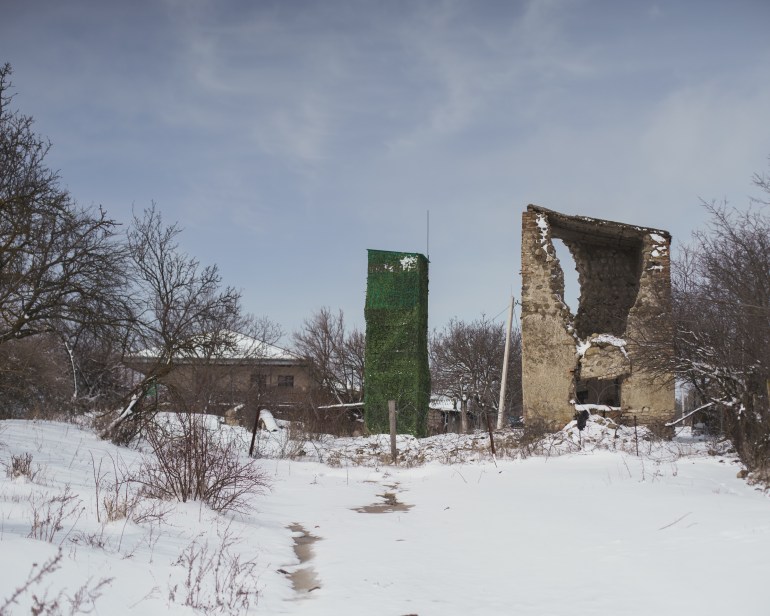
After the 2008 war, borderisation
In Khurvaleti, Gia and Nora are hardly an exception. The village territory continues to be fenced off by Russian forces following the 2008 five-day war with Russia.
“Since 2008, we no longer have access to the cemetery or pasture lands, and many inhabitants have also lost part of their agricultural land,” says Badri Adikashvili, the representative of the Gori municipality for Khurvaleti and the surrounding villages.
According to figures published by the ombudsman of Georgia, Khurvaleti lost 36 hectares of agricultural land and pasture – roughly the size of 50 football pitches – due to Russian border guards carrying out a process known as “borderisation” to demarcate South Ossetia’s “state borders”.
At the end of August 2008, after Russia’s invasion of Georgia and a war that killed some 850 people, Moscow unilaterally recognised the independence of Abkhazia and South Ossetia, two separatist entities located respectively in the western and central parts of the country that broke away from the newly independent Republic of Georgia in the early 1990s following violent conflicts.
The following year, South Ossetia and Abkhazia outsourced the protection of their “state borders” to Russia. Since then, several thousand soldiers and Russian Federal Security Service border guards have been stationed in a cluster of more than 30 military bases and outposts. Two of them are just a few kilometres from Khurvaleti.
The “state borders” are based on old maps of Soviet Georgia depicting the administrative boundaries of the autonomous provinces of Abkhazia and South Ossetia.
Since 2008, both de facto states have relied heavily on support from Russia, viewing it primarily as a protector against Georgia and the ethnonationalism and oppression that they accuse it of. Moscow’s grip extends to most spheres of life and policies. The main language in local media is Russian and Russian channels are widely broadcast. The rouble is the only currency, state budgets are dependent on Russian subsidies, and most inhabitants hold a Russian passport.
Borderisation started after the 2008 war but has accelerated over the past decade and has nearly reached completion in some areas.
“It is starting from ground lines to ditches, fences, metal fences, barbed-wire fences, different types of technological systems like sensors, movement detectors, up to watchtowers, observation points and permanent bases of the Russian Federation border guards,” explains Marek Szczygiel, the Polish diplomat heading the European Union Monitoring Mission (EUMM) in Georgia that has been patrolling the administrative boundary line (ABL) daily since the autumn of 2008. Of the 400km (250 miles) surrounding South Ossetia, the EUMM says that almost 90km (56 miles) have been fenced off, or 40 percent of the total passable areas.

Patience and creeping occupation
After Georgia’s 2008 defeat on the battlefield, pro-Western president Mikheil Saakashvili who rose to power following the 2003 Rose Revolution kept his parliamentary majority for four more years.
The autumn of 2012 saw a peaceful transition of power to a coalition of the opposition called Georgian Dream led by Georgia’s wealthiest oligarch Bidzina Ivanishvili. Shifting away from the staunch anti-Russian line of the Saakashvili years, the new Georgian government has adopted a policy of non-confrontation with Moscow while still claiming to be in favour of EU and NATO integration. In March this year, following Russia’s invasion of Ukraine, Georgia applied for EU membership.
Fearing reprisals or escalation, Georgian authorities have rarely interfered in the borderisation process. Georgian Dream has employed what International Crisis Group analyst Olesya Vartanyan calls “strategic patience”. “You see the Russians building fences but at the same time you are not responding to it mainly because you understand the kind of short-term and longer-term consequences for your country if you start opposing and get into an open confrontation,” she says.
But they have been denouncing “creeping occupation”, the grabbing of additional land that belongs to Tbilisi.
The face of the resistance to this occupation was Data Vanishvili, an outspoken resident of Khurvaleti, who passed away in March 2021 at the age of 89. In 2011, he refused to leave his house – which he shared with his ethnic Ossetian wife Valia – when it was cut off from the rest of the village by barbed wire and became a symbolic location for visiting Western leaders and diplomats.
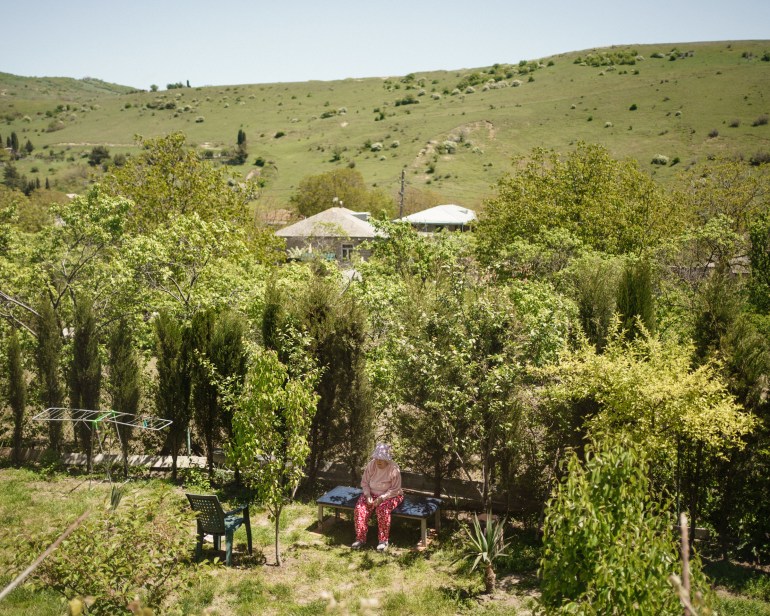
“Unlike others, he would only take the Georgian pension, not the South Ossetian one, on principle,” says Malkhaz Vanishvili, 33, who was raised by his grandfather and grandmother in Khurvaleti. “Russian soldiers would randomly come to our house, just open the door and check the basement. Data was angry and cursed them, I always tried to calm him down.”
Sporting a beard and a black baseball cap, Malkhaz currently lives in the nearby village of Nadarbazevi where the Georgian state provided him with a new home last October. He lives on the first floor of an empty house with his pregnant wife Tatia and their first child, one-year-old Giorgi.
“I had no other choice but to leave as it was too much stress staying there,” he says, standing in the cold living room of his house which came unfurnished and is still not connected to the heating.
As Malkhaz is unable to work due to health issues, the family’s only income is the 200 laris ($68) they receive monthly as social welfare. One of their only valuables is his grandfather Data’s posthumous honour medal he received from Georgian President Salome Zourabichvili.
To get through the winter, the young father sold a piece of his garden for 500 laris ($167), cut some of its trees to make firewood and relied on the help of his grandmother who still lives behind the fence. “Once or twice a month, we meet at the barbed wire. Last time I offered her a clock. Usually, I would give her bottles of water and she would give me some food,” says Malkhaz, referring to his grandmother’s homemade cheese or donated goods from the South Ossetian Red Cross.
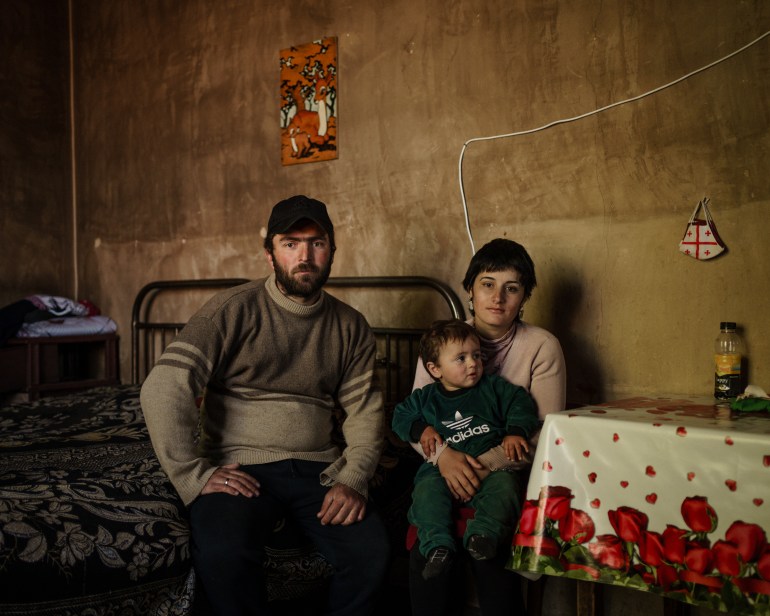
Hardening ‘border’
In 2008, Khurvaleti was spared the fighting but, as elsewhere in Georgia, the recent Russian invasion of Ukraine has reopened old wounds. Khurvaleti resident Eka Etsadashvili, 42, recalls Russian tanks rolling into the near-empty village in 2008. “People had fled to Tbilisi,” she says. “The war in Ukraine reminds you of your own tragedy and the fear rises. Who knows what fantasies Putin will have in the future? We are already living with a creeping occupation from Russia and you can do nothing about it.”
In the living room of Gia and Nora, opposition channel Mtavari Arkhi, with a strong anti-Russia, pro-Ukraine stance, broadcasts devastated cities and buildings from across the Black Sea. “It hurts my heart. Is there real blood in Putin’s veins? I am overloaded with information, I don’t want to watch this any more,” says Gia. “What can we do?” he asks, holding up a small knife, a smile on his craggy face, to show his only means of defence.
His mother, Nora, is an ethnic Ossetian from the nearby village of Tsinagari who married a Georgian man from Khurvaleti. Intermarriages occurred very frequently between Georgians and Ossetians up until the 2008 war.
“I am Ossetian but before the 1990s, there was no discussion in the village about being Georgian or Ossetian. Every Ossetian has Georgian relatives and every Georgian has Ossetian relatives,” says Meriko Jioevi, 80, who wears a long, dark skirt and sits on a bed in her living room while her Georgian husband Zauri takes a nap next to the stove. She also grew up in Tsinagari which is now inaccessible despite being only 3km (1.9 miles) away.
The borderisation process is putting a definitive hold on the long cohabitation between the two communities which had persisted in many rural areas even after the civil war of 1991-1992 between South Ossetian and Georgian forces. Beyond marriages, it involved mutual visits for religious celebrations, invitations to funerals and birthdays, friendships and strong economic ties.
Many locals still maintain contact with friends and relatives living on the other side through phone calls and chat apps as physical encounters have been almost impossible for more than two years.
In November 2019 – following a rare dispute with Georgian authorities over borderisation in a forest between a Georgian village and an Ossetian settlement – the de facto South Ossetian authorities decided to close all official checkpoints along Tbilisi-controlled territory. The decision was then upheld due to the pandemic. This year, three checkpoints were reopened briefly for two religious holidays, Orthodox Easter in late April and the Lomisoba festival in June.
One community has particularly suffered from the closures. Fifteen kilometres (nine miles) east of Khurvaleti, the Akhalgori valley lies between some small mountains. It is the main area in South Ossetia which has remained predominantly inhabited by Georgians. There, Georgians were not forced out during the war and their villages burned to the ground in its aftermath.
“The main crossing point leading to Akhalgori used to witness approximately 400 crossings per day,” says EUMM head of mission Szczygiel, referring to visits for reasons such as shopping, business, seeing a doctor or meeting relatives. “We currently only observe approximately 50 such crossings per month, mainly for medical reasons. Akhalgori valley residents are almost totally cut off and isolated from the rest of Georgia, from their friends and family members. It creates a very dramatic impact on the living conditions and wellbeing of this population.”
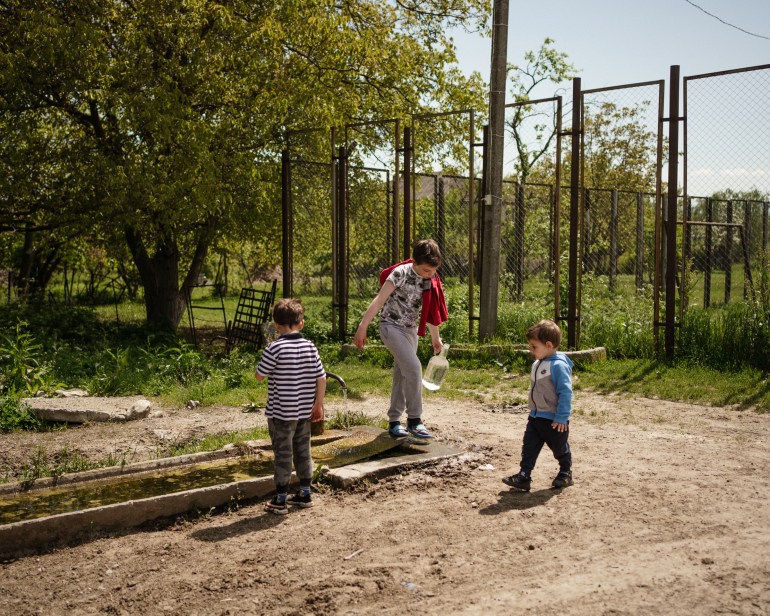
‘I am afraid to cross again’
Another sign that borderisation has hardened in recent years is that informal crossings seem to have diminished. Both Georgians and Ossetians living close to the boundary line used to bypass official checkpoints to visit relatives, friends or the graveyards of their ancestors. Pensioners from both sides would also cross the separation line to collect their monthly allowance.
According to figures released by Tbilisi, the number of Georgian citizens detained by South Ossetian de facto authorities for “illegal crossing” went from 163 in 2015 down to 64 in 2020. Crossings became too risky as Russian soldiers are not only building physical obstacles and patrolling along the “border” but also operating a fully fledged system of surveillance and control with the installation of cameras and electronic jamming systems.
“We have not witnessed any detention during the past two years. Before they would mostly arrest shepherds who were moving in areas where there was no visible sign. They would take them to Tskhinvali (the de facto capital of South Ossetia) and release them on the second day after they paid a small fine,” says local municipal representative Adikashvili (according to the EUMM the fine is 2,000 roubles ($30) for first-time violators).
But not all detention cases are like this. In 2018, Akhalgori resident and former soldier Archil Tatunashvili died in custody following torture.
In 2019, Khvicha Mghebrishvili, who lived in a village close to Khurvaleti, was beaten and held in Tskhinvali temporary detention centre. He was accused of collecting bats for the Lugar Research Center, a Tbilisi-based biomedical laboratory which has sparked many conspiracy theories from Kremlin-backed media.
Malkhaz was arrested several times in South Ossetia for crossing the “border” informally even though he is from a mixed family and holds dual citizenship. “I was often sneaking across the border (into Georgia proper) and that’s also how I met my wife in one of the shops in Khurvaleti,” he says. “One time they kept me in a small and cold room. The South Ossetian KGB beat me and made me insult Georgians in Ossetian language. I am afraid to cross again, if they catch me I might be tortured.”
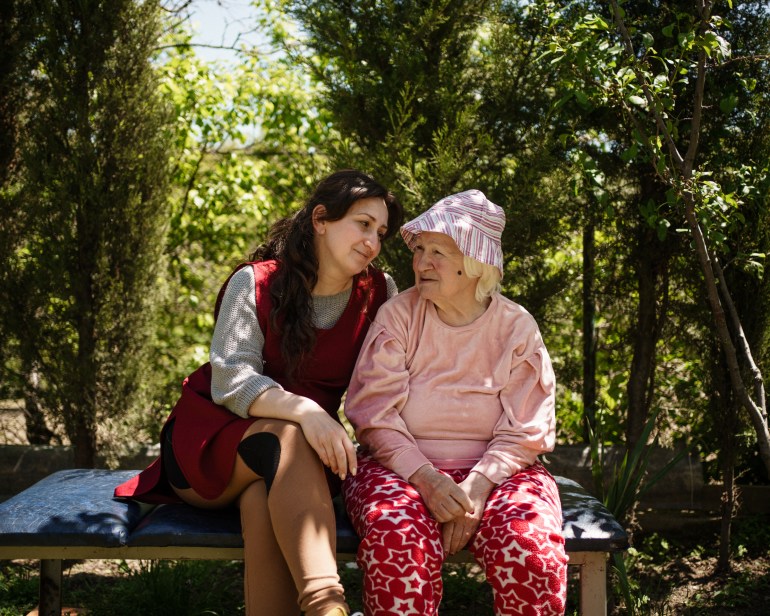
‘Russian soldiers always watch’
In 2019, Amnesty International released a report focusing on widespread human rights violations related to the borderisation process. It said that “‘borderisation’ negatively affects communities on both sides of the ABL, limiting freedom of movement and liberty, eroding living standards, and entrenching discriminatory attitudes and measures”.
The grabbing of agricultural lands and deprivation of access to natural resources such as wood and water for irrigation have taken a toll on rural communities living near the boundary line with South Ossetia.
Villages around the boundary line have lost between 10 to 50 hectares of farmland and pasture, according to the Amnesty report. It also stressed that residents no longer cultivate plots close to the boundary line for fear of being abducted. Many people living in areas affected by the borderisation process speak of anxiety and precarity.
“I can’t think about the future, I have no plans further than tomorrow,” says a Khurvaleti resident whose house is located only 30 metres from the fence. Her long black hair hangs down her apron as she sits on a bench in the lush yard of her workplace, crowded with tall grass and fruit trees.
She works at a community retirement home located in a big house on the main road.
“My husband works for the Georgian army. When I am washing his clothes, I am not hanging them outside. I can see four observation posts from my kitchen. Russian soldiers always watch and observe the village,” she adds while holding the hand of one of the home’s 16 occupants.
The retirement home was founded in 2016 by Luda Salia, 64, a former nurse who was forced to flee her home during the conflict in Abkhazia in the early 1990s and lives in a Soviet apartment block on the outskirts of Tbilisi when she is not in Khurvaleti.
“I renovated the house of my husband’s mother in Khurvaleti. After 2008, there were many empty houses as a lot of youth left. Only elderly people stayed and I thought about how we could take care of them,” she says sitting on a metal bench in a small playground next to her Tbilisi flat.
Luda wears a blue and yellow badge on her jacket. As a vocal critic of Russia and the Georgian Dream government, she supports Ukraine and is worried that the situation in Georgia is getting worse: “A new conflict can erupt. It was less dangerous in 2016 than today. Russians have taken a lot of territory through creeping occupation.”
For the time being, the war in Ukraine has not created new tensions around South Ossetia or Abkhazia. But many in Georgia fear that their country could be a potential target of Russia’s next military intervention.
“If Ukraine wins, Georgia is saved,” says Luda. “But I don’t want war as I experienced it. I hope the situation can be solved through diplomatic ways.”
Tamar Kalandadze contributed reporting.


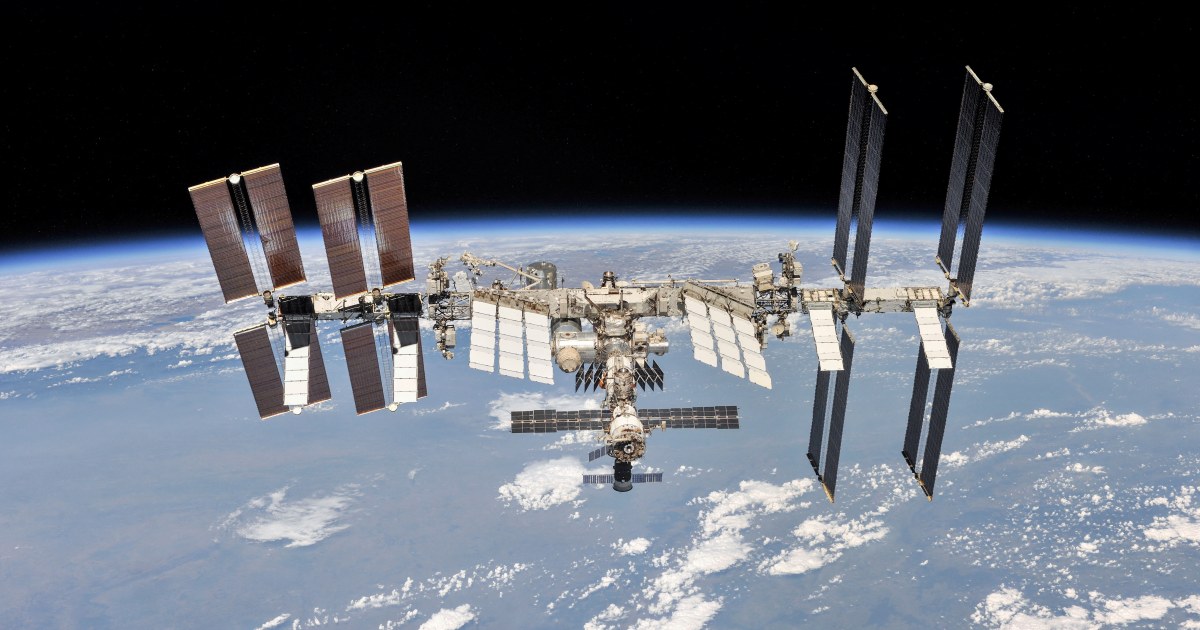

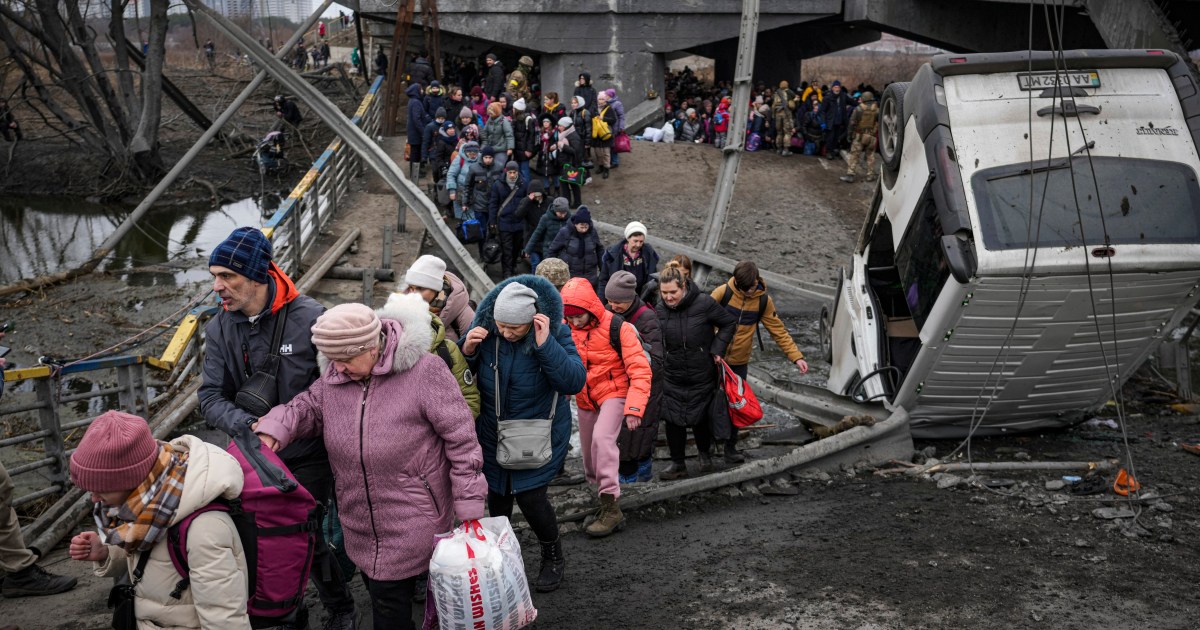
Pingback: 티비위키